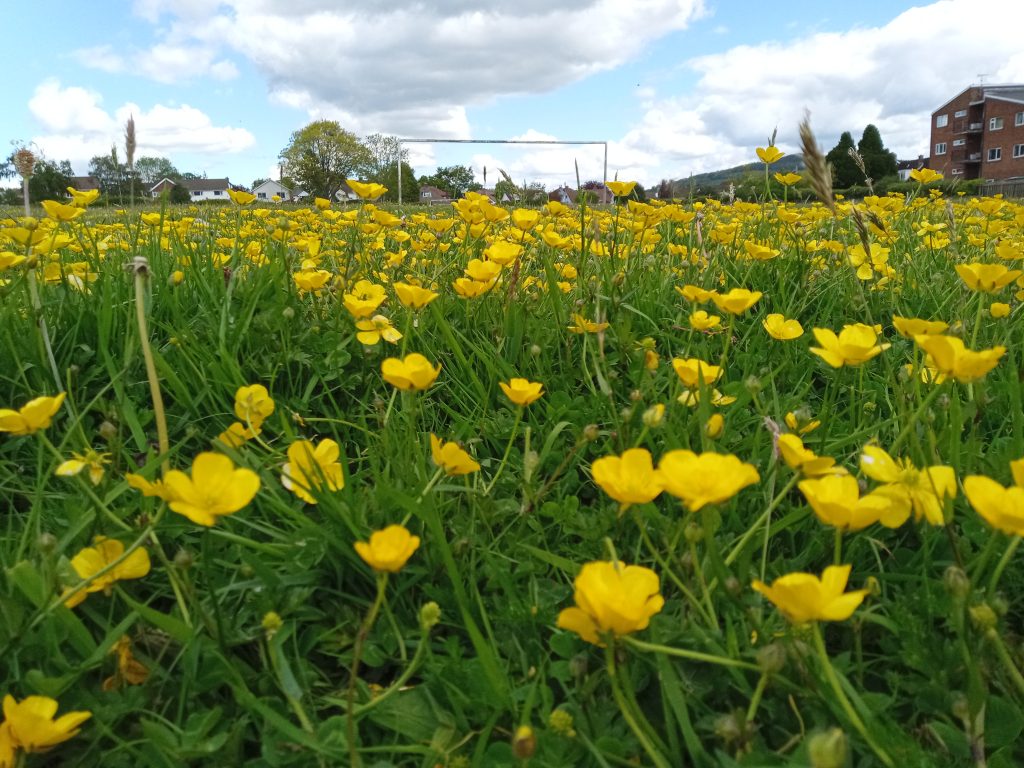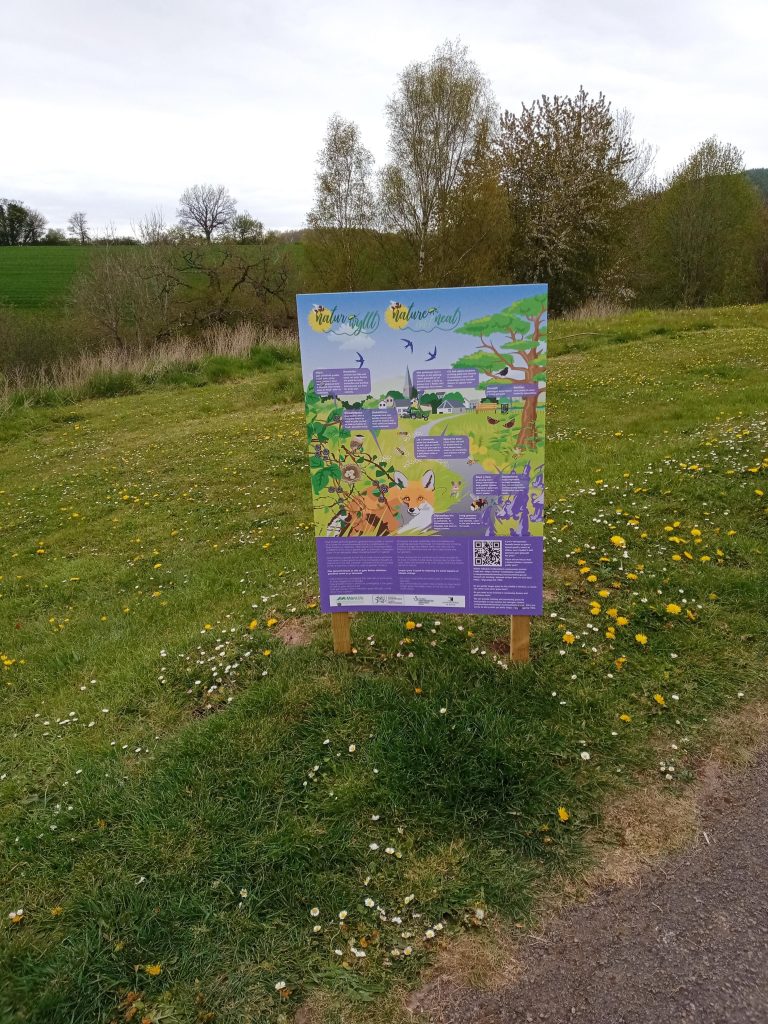Spring is officially here and Monmouthshire County Council’s grounds team are about to start preparing the county’s open spaces for the year ahead.

At the end of last year, the council’s team left some areas for hibernation sites for insects, left seed heads for winter food, as well as other wildlife-friendly considerations. Now, as we head towards summer, the council will be following the selective mowing regime that was such a success last year. This will start with a ‘first’ cut that will see most areas mown to reset the grassland. After this, successive mowing will follow the Nature Isn’t Neat principles to make space for wildlife and pollinator plants in open spaces across Monmouthshire. This includes not mowing under trees (which will reduce stress and disease), creating meadow spaces throughout our open spaces and road verges. Some areas will be cut less frequently or on rotation, and some areas will be left until late summer or early autumn to allow the grasses and flowers to set seed.
A spokesperson for Monmouthshire County Council said: “The feedback we received about Nature Isn’t Neat showed overwhelming support of the approach and offered some valuable insights on what was working well and where we can improve. Taking account of this feedback, discussions with our operational crews and the reduced impact of Covid on our ability to manage the work, residents will see some changes to the mowing this year compared to the last two years and we will continue to take feedback, and we will continue to make sure that play areas and sports pitches are cut to the full extent.”
Nature Isn’t Neat is an important part of the council’s response to the biodiversity crisis and climate change. The management principles help pollinators and other insects to thrive. This in turn supports other wildlife and improves long term food security. The changes in management also increase the amount of carbon drawn down into the soils and increases the ability of open spaces to absorb water, reducing runoff, flooding and pollution and makes our environment more resilient.

While most council owned green spaces will receive the Nature Isn’t Neat approach, some areas are owned by housing associations and not all of these have adopted the Nature Isn’t Neat approach, although they are mown by the council under contract. It is hoped that more organisations will get onboard with the selective mowing regime through the support of the regional Nature isn’t Neat project, and help the county’s mission to improve biodiversity and support wildlife.
If you would like to get involved, a new Nature isn’t Neat survey will be launched in May, Monmouthshire want to know what you think about its approach to ensure the right balance is maintained between nature and recreation. For more information visit: www.monmouthshire.gov.uk/nin/ and www.monlife.co.uk/outdoor/nature-isnt-neat/o.uk/outdoor/nature-isnt-neat/ or follow @MonmouthshireCC and @Natureisntneat on social media channels.